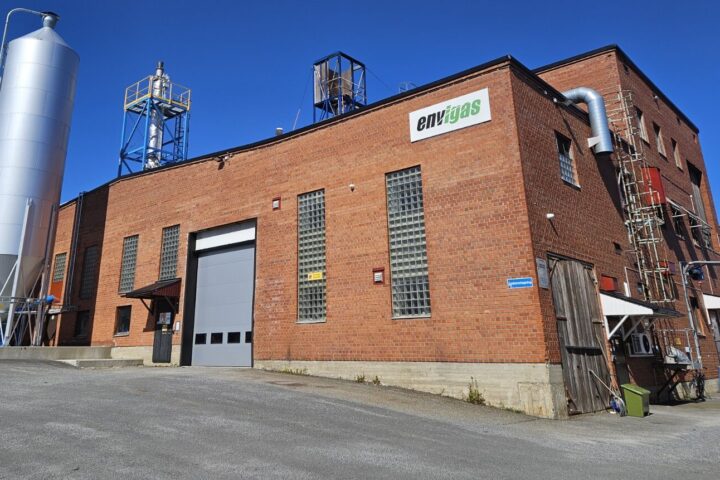The continued push towards the development and implementation of green technologies has enabled Sweden to become the first country in Europe to meet the renewable energy targets set by EU for 2020. Eight years ahead of schedule.
Sweden being the first country to reach the EU’s renewable energy targets is partly due to industry demand and the rapid adoption of new technologies.
Renewable technologies are being used in Sweden across all sectors, and there is a strong correlation between economic growth and reductions in waste and greenhouse gases, the optimum use of natural and human resources, and the production and conservation of energy through ongoing innovation.
Sweden among world leaders in bioenergy
Almost 50 per cent of Sweden’s energy production now comes from renewable sources, and much of this is due to the more extensive use of biofuels, particularly for the production of electricity and heating, and by the forestry industry.
In recent years, we have also seen an increase in the use of heat pumps, another contribution to a greater proportion of our energy coming from renewable sources.
The most important domestic renewable energy source is biofuel, although organic wastes from households and industry also constitute an important fraction. These two sources are also the major fuels used in the district heating sector, which supplies heating to 93 per cent of all apartment buildings, and 83 per cent of all commercial buildings.
Sustainable solutions for the developing world
Sweden’s successful experience and knowledge in implementing green technologies could be used by many countries around the world, particularly in the developing world, where the challenges of developing sustainable infrastructure in line with the needs and demands of a growing population must be overcome in order to generate economic growth.
Looking for companies in this sector?
Find Swedish companies in the fields of bioenergy, district heating and cooling, hydro and marine power, solar and wind here.


